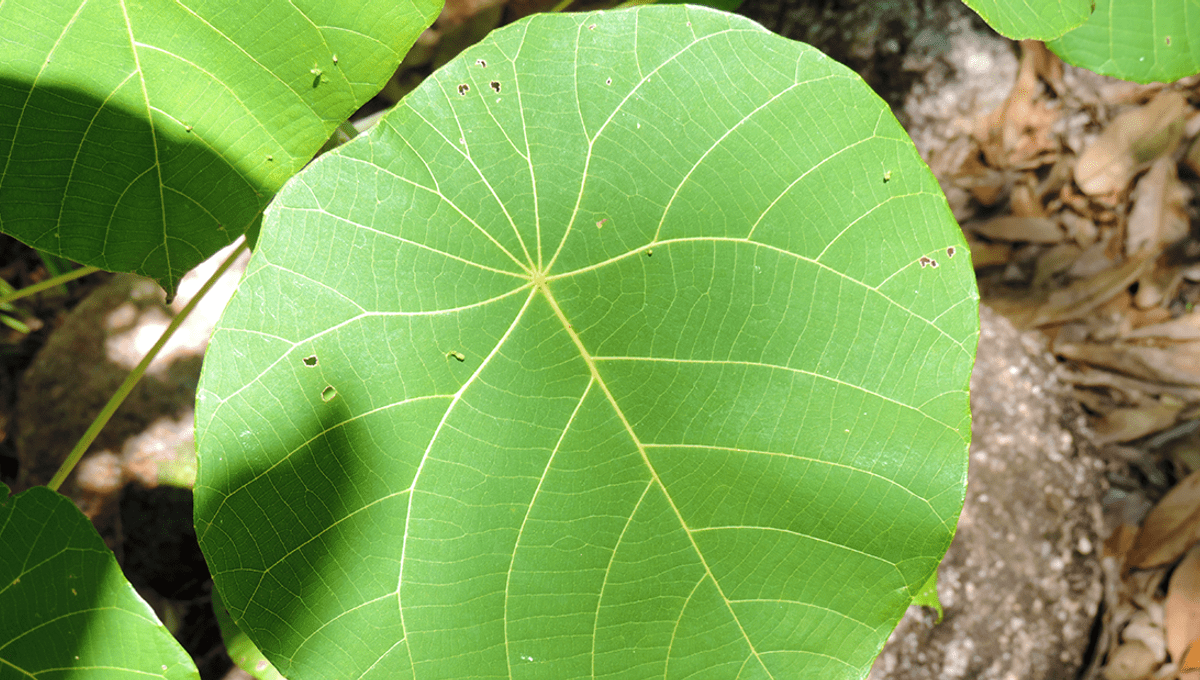
A man from the UK has grown one of the world’s most dangerous plants in his house. Botanist Daniel Emlyn-Jones cultivated the plant inside a cage, and for good reason: even a slight touch of the leaves can lead to agonizing pain, so much so that the plant has become the stuff of legend.
“I’ve always had a fascination with dangerous plants,” Emlyn-Jones explained in a video on his YouTube channel. “I think it’s always interesting to see what nature can come up with, and this is an extremely dangerous plant as you can see from the warning sign.”
The warning sign tells visitors that skin contact will cause “agonizing pain” before advising them not to rub their skin if affected, instead applying hydrochloric acid to the wound and then removing the hairs using wax strips.
Dendrocnide moroides, more commonly known as gympie-gympie or the stinging tree, is pretty toxic all over, but especially on the stems. Amongst the first to come across the tree was North Queensland road surveyor A.C. Macmillan. In 1866 he reported that his pack horse had been stung by the tree before it “got mad, and died within two hours”.
People who have been stung by the plant describe it as unbearable. Don’t take our word for it, some have deliberately stung themselves with the plant on camera.
For some, the pain lasts for a long time.
“I remember it feeling like there were giant hands trying to squash my chest,” Ernie Rider said of his encounter with gympie-gympie in 1963. “For two or three days the pain was almost unbearable; I couldn’t work or sleep, then it was pretty bad pain for another fortnight or so. The stinging persisted for two years and recurred every time I had a cold shower.”
“There’s nothing to rival it; it’s ten times worse than anything else.”
Among more outlandish claims (see also: horses jumping off cliffs following being stung by the plant) comes from an ex-serviceman in the Australian army, who claimed that an officer he knew had mistakenly used a leaf of the tree as toilet paper. Instead of cleaning his anus it left him in agonizing anus pain. According to the tale (which we’re going to assume isn’t true, without more reliable confirmation), the officer shot himself shortly afterward as a result of the pain.
So why would a gardener want to grow such a plant for themselves?
“I just thought it would add a bit of drama to my gardening,” Emlyn-Jones told Metro, adding, “I have always liked plants though, I just have got a bit bored with geraniums”.
Source Link: Man Explains Why He's Growing One Of The World's Most Dangerous Plants In His House